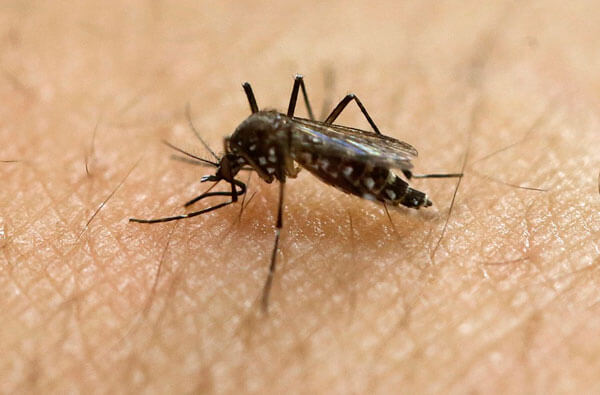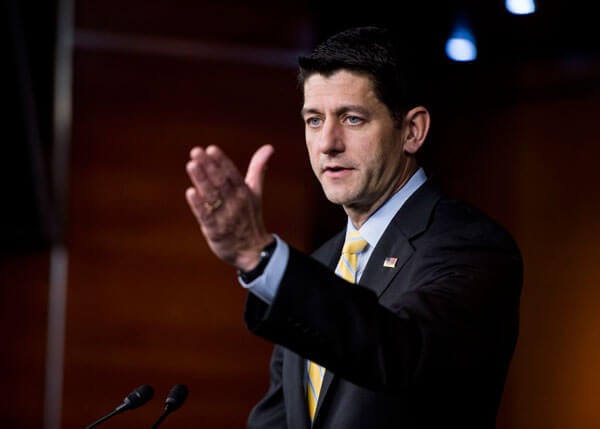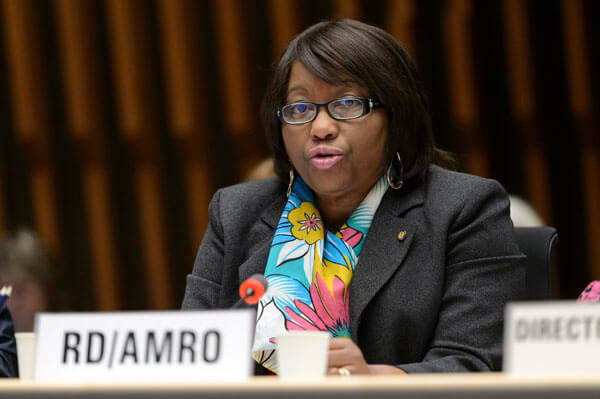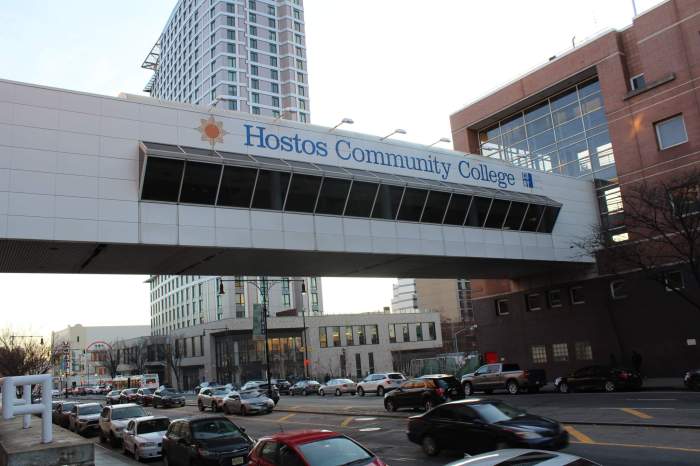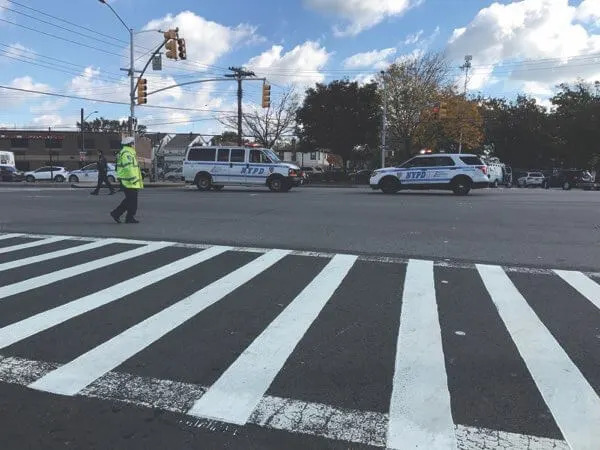Caribbean
CARICOM member states will be moving to tackle the Zika virus that is affecting the region.
This was revealed by CARICOM Chairman Belize Prime Minister Dean Barrow who said the course of action includes continuous public education, implementation of measures at ports of entry, health facilities, schools, private enterprises such as hotels and tourism facilities, factories and other businesses.
Barrow also said that governments were being asked to reduce import tax on essential public health supplies such as insecticide-treated bed nets and insect repellent for the duration of the epidemic in the region which they estimated would be approximately two years.
He also said that the second week of May will be designated as “Caribbean Mosquito Awareness Week.”
The announcements were made at a press at the recent conclusion of the 27th intersessional meeting of the conference of heads government of CARICOM in Placencia, Belize.
Antigua
The Antigua and Barbuda government says it can defeat an opposition court challenge to 800 passports issued under its citizenship program (CIP) since taking office in June 2014.
The leader of the opposition United Progressive Party (UPP) Harold Lovell told Parliament recently that the passports were illegal, since the government failed to appoint a board of directors to oversee the operations of the CIP.
He said in the absence of the properly constituted authority to oversee the transactions that have taken place over the past year are null and void.
He also accused the government of failing to comply with a rule under Antigua and Barbuda law that requires the government to give semi-annual reports on the CIP.
But Attorney General Steadroy “Cutie” Benjamin in an interview with Observer Radio dismissed the opposition challenge that the government was in breach of the law.
“We are satisfied that in fact, even though the Board has not yet been established, the activities of the unit are consistent with the law,” he said.
Benjamin has acknowledged that the Board was not established but argued that it was merely to recommend to the minister and Cabinet and it recommendations could be rejected.
He contended that, since the CIP was established in 2013, the CIP was the body that supervised the processing of applications.
Bahamas
A group of 18 Cuban health professionals arrived in The Bahamas recently to resume medical cooperation after the conclusion there of “Operation Miracle” about a decade ago.
The Cuban Ministry of Foreign Affairs said the physicians will offer their services in different Bahamian public hospitals, mainly in the capital Nassau and in Freeport, Grand Bahama.
Upon arrival at the Nassau’s Lynden Pindling International Airport, the Cuban medical staff was welcomed by the Cuban Ambassador to the Bahamas, Ismara Vargas, as well as by other members of the Cuban diplomatic mission and executives of the Public Hospitals Authority (PHA).
The Director of the PHA, Herbert H Brown, expressed his satisfaction at having Cuban physicians working in The Bahamas and the high expectations for the work they will carry out.
On Dec. 21, 2015, in Nassau, Cuba, The Bahamas signed a health cooperation agreement, which has now materialized with the arrival of the first 15 physicians, a figure expected to increase by next month.
Guyana
The Guyana government has allocated GUY$280 million (US$1.4 million) to promote tourism development and preserve cultural identity and economic prosperity.
This is based on the 2016 National Budget recently presented by Finance Minister Winston Jordan. That amount includes 211 indigenous grants which will fund eco-tourism projects and build village economies for the upcoming 50th Independence celebrations.
Minister of Telecommunications and Tourism Catherine Hughes said more than 15,000 visitors are coming in the month of May for the celebration.
A Bed and Breakfast program is to be implemented, but will be inspected to determine whether homes meet the requirements before they are approved for public usage.
People with extra accommodation in their homes have been encouraged to open them up to visitors as several hotels are already booked to capacity for the period.
Jordan said in his Budget presentation that the Government will develop an operational plan to realize the intent of the recently revised National Tourism Policy. This, he said, will lay a foundation for tourism development and ensure collaboration between Government and all stakeholders.
Jamaica
A 50-year-old medical doctor is the first victim to die from the H1N1 virus, also called swine flu.
Media reports say that Suzanna Roye died at the University Hospital of the University of the West Indies, after being transferred from a hospital in the central parish of Manchester.
The reports also said that another female doctor is in the intensive care unit at the same health institution. Reports are that she is responding to treatment.
The Ministry of Health has confirmed that nine cases of the deadly H1N1 virus are currently being treated at the University Hospital of the West Indies in Kingston.
Acting Chief Medical Officer Dr. Winston De La Haye said the cases are not from any particular geographic area, and that the referrals were from other parishes.
Meanwhile, the main opposition Jamaica Labor Party has called on Health Minister Horace Daley to provide Jamaicans with an update on the H1N1 virus.
St. Lucia
Prime Minister Dr. Kenny Anthony said St. Lucia’s new Citizenship by Investment Program will provide impetus for the recovering economy, in order to reduce the effects of a decline in foreign direct investment.
The program grants citizenship on the basis of various terms of investment.
The prime minister said it was a difficult decision to make, but given the persistent decline in foreign direct investment caused by the world financial crisis, the mounting challenges to raise money for development and the increasing use of citizenship programs by other countries as an incentive tool a decision was taken to offer a similar program.
Dr. Anthony said the government spent the last four years stabilizing and restoring the economic foundation the citizenship by investment program will provide the impetus to “our recovering economy to take off in the coming months.”
He said a number of resorts will soon be constructed in St. Lucia and these resorts will create much needed jobs in the construction sector, add more jobs in the hospitality sector, revive the real estate sector and restore a high level of growth to the economy.
Dr. Anthony added that the government designed a transparent, robust and structured citizenship by investment program to ensure that issues of credibility and integrity are well-protected.
The program began accepting applications in January. A qualifying investment must satisfy the minimum investment level in the St Lucia National Economic Fund, an approved real estate project, and approved enterprise project or the purchase of government bonds.
There are similar programs offered in St. Kitts and Nevis, Dominica, Antigua and Barbuda and Grenada.
St. Kitts
St. Kitts is trying to woo tourists from Canada and the United Kingdom, as part of the overall strategy to attract high-end visitors.
Tourism Minister, Lindsay Grant said articles about St. Kitts will be featured in two Canadian publications: “West of the City Magazine” and “Taste.” According to its official website, West of the City reaches 35,000 of the most affluent homes and has a select distribution based on proven research which targets “discriminating, well-traveled and passionate” individuals.
“The partnership will result in a feature article… on the emergence of St. Kitts as a luxury destination in the September issue and a follow up five-page advertorial in December 2016, “Grant said.
The island’s growing number of golf courses is also being used to appeal to rich individuals.
The tourism minister said that emphasis for this initiative is being placed in Ontario, Canada, where he said there are 2.3 million golfers that spend $11 million overseas annually.
A 2015 partnership with the Gold Association of Ontario resulted in the staging of the St. Kitts 2-ball Shootout at the Royal St. Kitts Gold Club last December.
Trinidad
Trinidad and Tobago Prime Minister Dr. Keith Rowley said there are parents who are breeding “monsters” and sending them to the teachers in schools.
He was at the time speaking on the “failing” education system, in the wake of the threat of a gun attack at a government secondary school in Central Trinidad recently.
News of that “threat” that day led to an emergency meeting and the cancellation of classes.
The prime minister said he was “convinced” that changes to the education system many of which would be deemed contentious, were necessary, if the country were to treat with some of its familiar problems.
He said the molding of the child was a shared responsibility and asked what were the rights and responsibilities of the teacher, to shape character and not merely teach what was coming in an exam.
Rowley said since independence, T&T had consistently spent the largest chunk of the budgetary allocation on education.
He said while education changed the lives of every family, the country was not getting the commensurate return for that expenditure.
This, he said, would fix the foundation geared towards fixing the problems in education.
Two days after he spoke of “monsters” in the school, two teenage male students were gunned down on a lonely, bushy area in St. Augustine about nine miles from the City of Port of Spain.
Police are working on a theory that a drug deal was behind the double murder.
— compiled by Azad Ali











